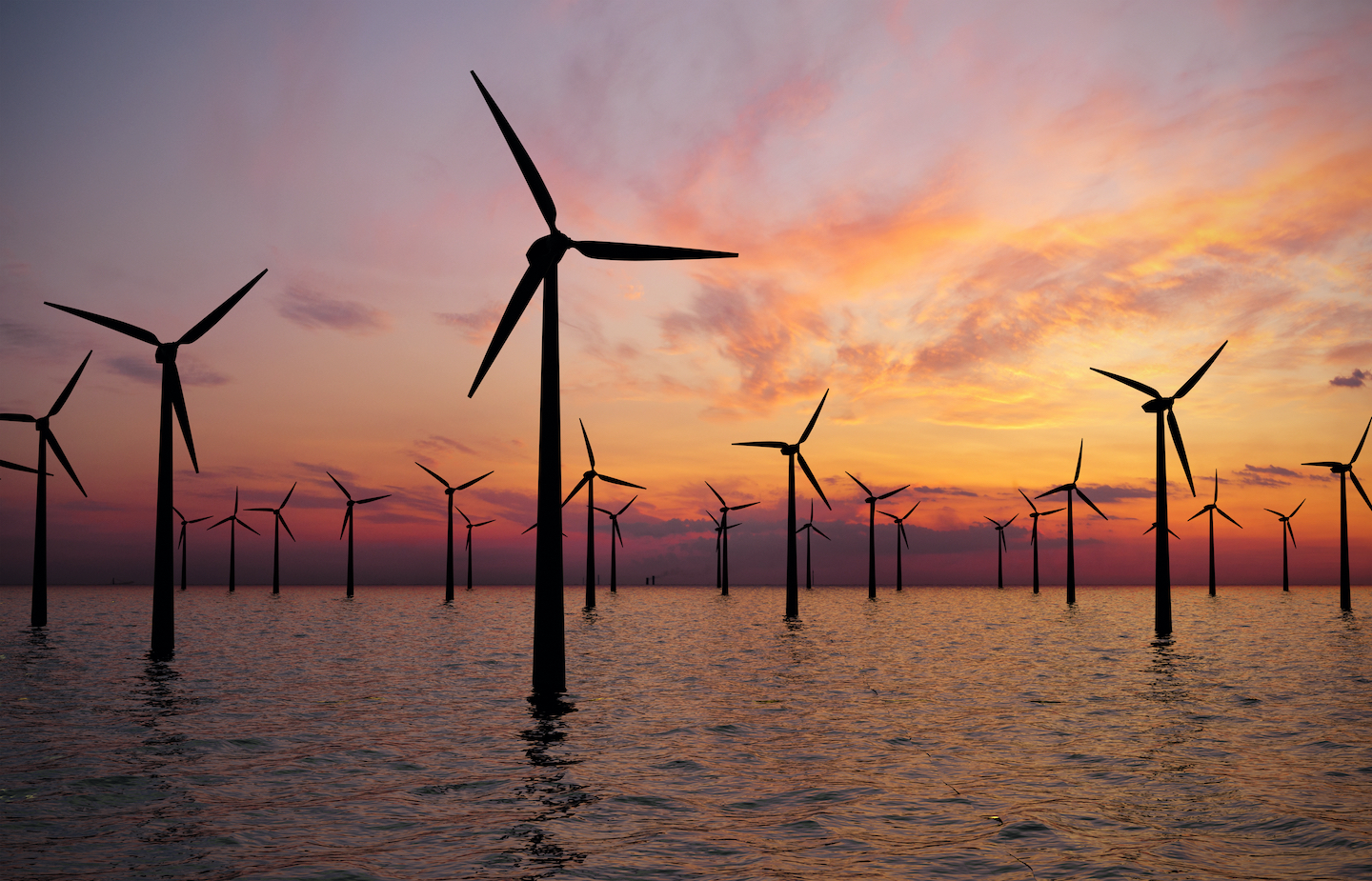Electricity, on the other hand, can be produced through renewables, or through coal or gas. That’s where you see a real possibility of substitution. But new coal plants are still being built, biomass plants are still being built, and that is because they fit with what we know how to build now. This is my view after having talked to some of the people in the utility space. We already have the supply chains, the skills that are required to build a coal plant. In most countries where that’s routine, that’s what people know how to do, whereas a completely different supply chain and different skills are needed to build out renewables.
So that’s a barrier that people might not consider when they’re thinking about the pricing of those technologies. Because let’s be clear, it is now cheaper to build new renewables than it is to build new coal in all major markets. That’s a relatively new development, but it’s huge. However, we’re still seeing new coal plants being built, because there are other factors in place other than the simple upfront cost.


